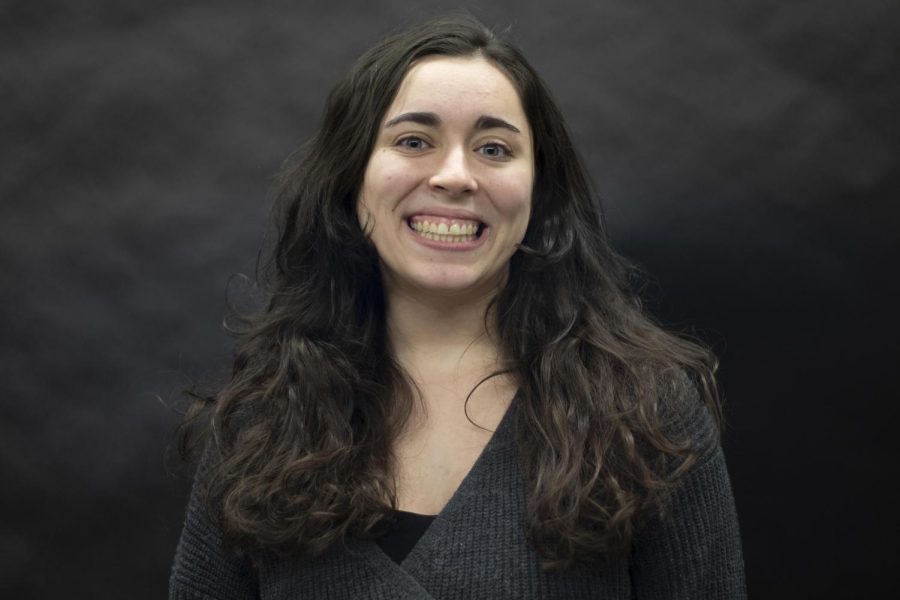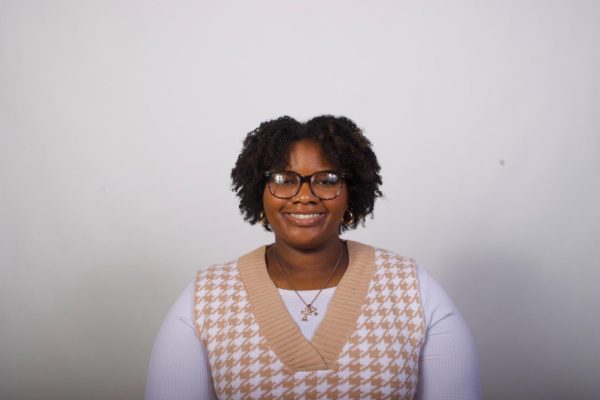COLUMN: Reclaiming self-sufficiency
March 3, 2022
Over the weekend I stayed with a couple living on a community land trust, or CLT, in Missouri. CLT’s are ran as non-profit organizations. This structure of land ownership is unique with boards consisting of those living on the land and people from the general public. CLT’s are designed to foster communal stewardship of land in a way that benefits the whole community.
For those trying to live a sustainable lifestyle, it can be difficult to homestead without proper laws in place to protect you. For example, if you try to construct an environment that produces diverse plant life and food, it takes a lot of hard work and time. If a person does not have full-ownership of this land it can be sold at any time – even to new owners who may bulldoze the habitat that they’ve spent a lifetime building.
Many of the people who live on CLT’s have a commitment to improving diversity in plant and animal life, so it would be absolutely devastating to see the labor of your love destroyed. Most people pay a small fee and get a piece of land, but what makes the qualities of a CLT attractive is that even if you leave and “sell” the land, you can get a portion of your money back and the land remains in ownership by the land trust. This ensures that the land is preserved.
CLT’s are attractive for those who want to live a sustainable lifestyle. While CLT’s can vary in their form, the one I was on had no running water or electricity inside the homes. The electricity that was used was obtained through solar power or horse energy. There was one communal house used for charging devices and this ran on solar power. All meals were made from what was grown on the farm.
What was insightful about this visit was how unfamiliar all of it was to me. I was surrounded by people who knew everything about their food. How they grew it, harvested it, processed it and cooked it. I didn’t have any of this knowledge and I think people live an ultra-convenient lifestyle where we can remain disconnected from everything we consume.
Multiple people expressed their concern about climate change. One does not have to worry about availability of exported goods and fluctuating prices when you provide your own food. In addition, the dedication to diversity acts as an ecological insurance. Diversity can buffer the effects of climate change and a commitment to diversity means a more stable environment for food production.
While I don’t think I could ever live a life-style free of modern amenities, much of their practices can still be applied, even in modern times. My experience is an echo of the general lack of skills and knowledge that people need to be self-sustaining. I think more people should be encouraged to learn about their environment and what it takes to support oneself.
Gisella Mancera is a senior sociology major. She can be reached at 581-2812 or at [email protected].
















































